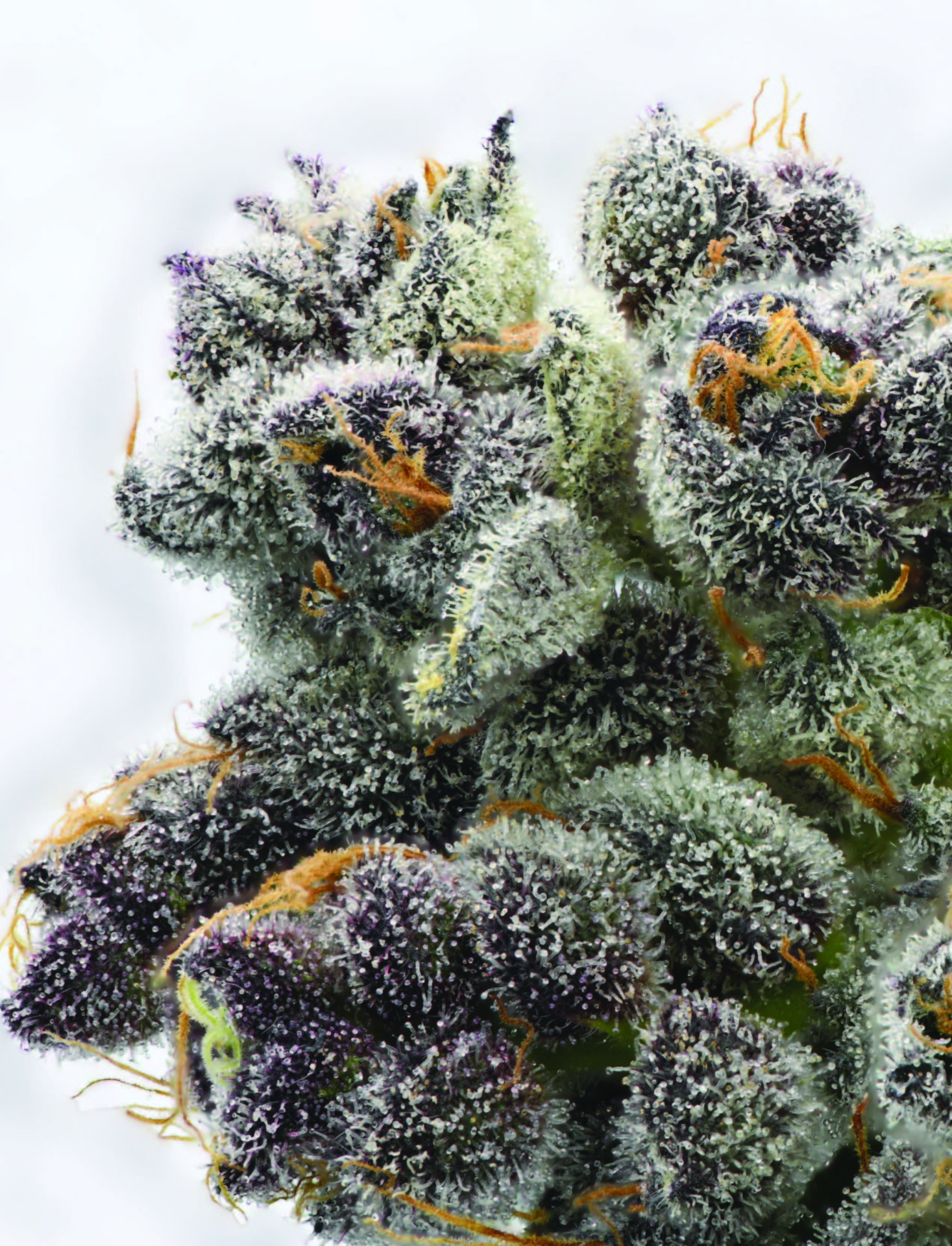By Paula Givens, JD, CFE
Paula B. Givens, is an attorney and certified fraud examiner who splits her time between
providing legal and compliance consulting services to cannabis businesses and
working closely with financial institutions to bring regulatory compliant “front door”
banking services to the cannabis industry.
It can cost millions of dollars to bring a new pharmaceutical medication
to market which is why the price of a new prescription medication often
reflects this cost. These costly research and development processes – that
can cause pharmaceuticals to be so expensive – are not typically involved
in the manufacture of cannabis medication. The science of refining
cannabis strains and creating new ones is complex and can take years,
but neither is this the reason cannabis is “expensive”. Then why is the price
of cannabis medication so high? The answer here is mainly because cannabis
business owners have substantial regulatory compliance expenses
(that are unique to the cannabis industry). Although still in its infancy,
Cannabis is one of the most highly regulated – and taxed – industries in the
In every state where cannabis is legal
there are complex state and municipal
laws, rules and regulations that are all
costly to comply with. Most operating
businesses are not subject to surprise inspection
by state and local authorities. In
the cannabis industry, routine visits by the
various levels of regulatory agencies are
common. Many cannabis businesses employ
outside attorneys, accountants, and
compliance professionals at a substantial
expense to ensure these visits go well.
Starting a business is normally as simple
as a quick visit to the Secretary of State
website. Starting a cannabis business is
not that simple. There are layers of costly
governmental regulation in each state
where cannabis is legal. There are both
state and municipal application fees and
related expenses that can be as high as
$250,000 – with no guarantee of being
awarded a license. Initial and renewal
license fees can be very expensive. States
often require significant performance
bonds as a condition of awarding licenses.
Illinois, for instance, requires a two million
dollar bond for cultivation center licensees.
The tax burden on cannabis businesses is
substantial. Cannabis businesses not only
pay traditional sales tax, but they also pay
state sales and excise taxes unique to the
industry. In Colorado, for example, there
is an additional 10% retail marijuana tax,
a 2.9% special sales tax (that is contributed
to Colorado’s Marijuana Cash Fund),
and a 15% retail marijuana excise tax,
for a total tax of 27.9% just at the state
level. This does not include further taxes
imposed by the municipalities in which
they operate. In January, 2015, Colorado
collected nearly nine million dollars
for all marijuana licenses, taxes and
fees.
There is a substantial federal tax burden
borne by the cannabis industry. Every
business in the country can deduct ordinary
and necessary business expenses,
which includes employee pay, rent,
interest, taxes, and insurance. Section
280E of the Internal Revenue Code
prohibits any tax deduction or credit if
the business consists of trafficking in controlled
substances prohibited by Federal
law. Cannabis, or “marihuana” as the
federal Controlled Substances Act calls
it, is a Schedule I controlled substance
and the only expenses that are deductible
are cost of goods sold. The effective
federal tax rate is between 60 to 90
percent.
Another cost borne uniquely by the
cannabis industry is the expense of a
simple business checking account. Because
cannabis is a federally controlled
substance most banks, which are federally
regulated, refuse to service businesses
that grow, manufacture or dispense
it. Most of the small number of banks
that do service cannabis businesses
utilize customer due diligence and know
your customer compliance programs
that are not inexpensive. As such, banks
throughout the country are charging
from $500 to $5,000 per month for a normal
business checking account.
The big credit card companies have yet to
jump into the cannabis business, so most
cannabis businesses operate on a cash
basis, or perhaps debit cards if they are
lucky enough to have a bank account for
the proceeds of debit transactions to be
deposited. Cash is expensive. Cash only
businesses have greater loss due to theft,
called shrinkage, than other businesses.
There is also additional cost in the transportation
and storage of cash, including
security expenses.
The cost of operating a legitimate cannabis
business can be substantial, and
many fail. This is at least part of the reason
there still remains a robust black market.
Until the cost of regulatory compliance
recedes, the retail cost of cannabis will
remain high. While this may not help your
pocketbook in the short term, at least you
know better what your favorite legitimate
gardeners are up against when providing
your medication.

















